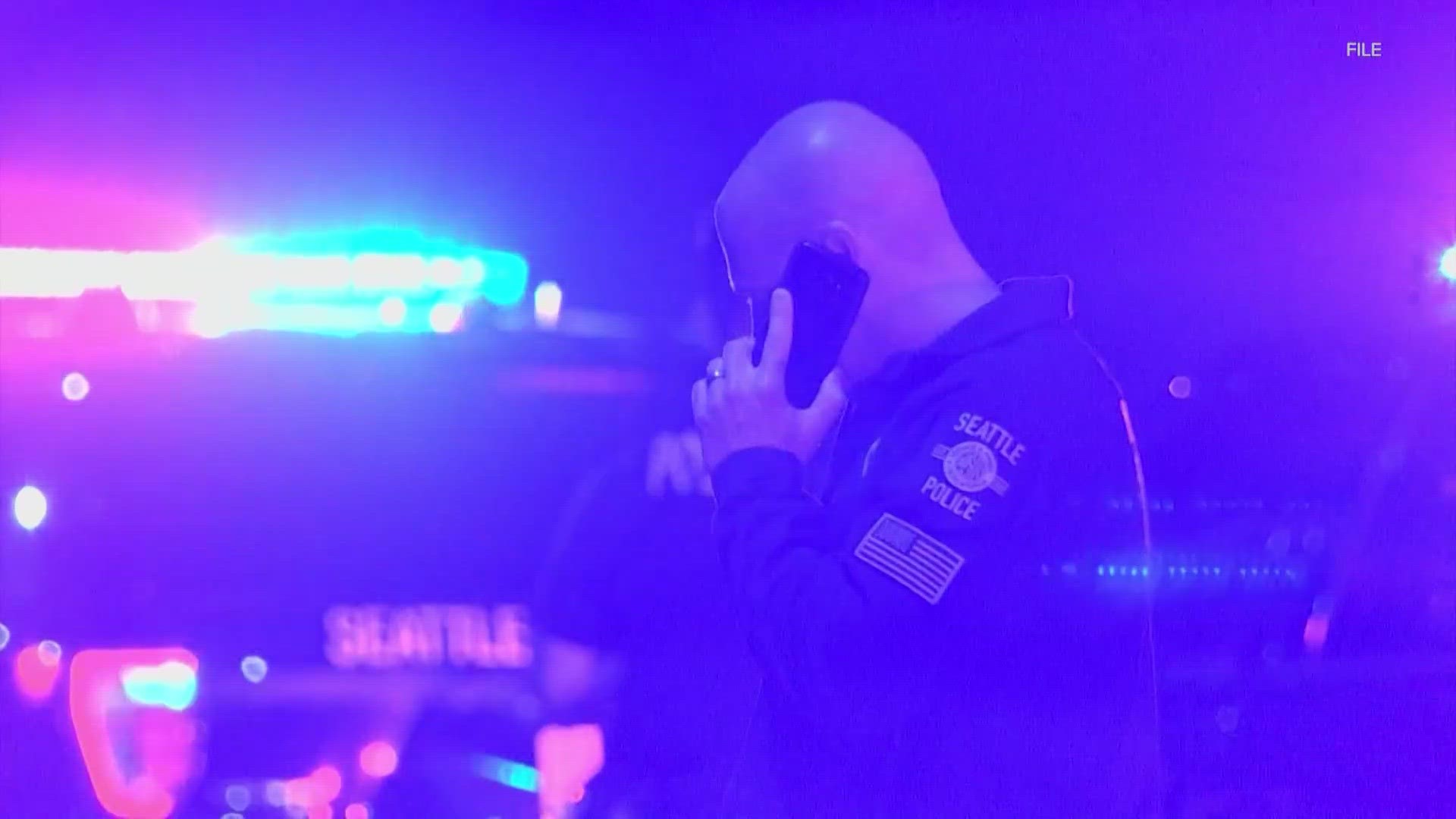SEATTLE — Mental health professionals will soon be dispatched to some 911 calls that would usually be handled by Seattle police. This is due to a new alternative 911 response pilot program that is set to launch in October.
The pilot program will allow dispatchers to send mental health professionals to certain crisis calls instead of police officers. The pilot was created by Mayor Bruce Harrell’s office and is being carried out by the Community Safety and Communications Center, which handles 911 calls and dispatch.
On Tuesday, Seattle City Council’s Public Safety and Human Services Committee got an update on the pilot program.
“Mental health responders are uniquely trained and situated to address the very unique needs of folks who are not engaged in criminal activity, but still really need some help,” said Seattle City Councilmember Lisa Herbold, the chair of the Public Safety and Human Services Committee.
During the update, Amy Smith with the Communications Safety and Communications Center said they are still in the hiring process for some positions. She said by August they would be staffed for the pilot and that they would do field testing in August and September.
The pilot will officially launch in October.
This pilot program has been in the works since 2020, when people in the community called for police reform.
“There are moral and ethical reasons, there are financial reasons, and there are actually reasons related specifically to the ability of our police officers to respond to all of the 911 calls they receive,” said Herbold.
The pilot program will have six mental health professionals who will work in teams of two to respond to calls where dispatchers believe police are not needed, like wellness checks on people downtown showing mental health crisis symptoms.
Something people familiar with police reforms believe this could work well, because they say mental health professionals have training that police officers don’t.
“They'll bring their professional training on how to de-escalate and be able to talk to people in a different way,” said Reverend Harriett Walden, the director of Mothers for Police Accountability.
She said that not only could mental health professionals be better suited for these wellness check calls, but it will also take those calls of the hands of police.
“They make a lot of well checks, really and truly, a lot,” said Walden. “So, so far I think that it’s a good idea.”
If the pilot shows success, the mayor’s office said it would expand it to become a new public safety department.

